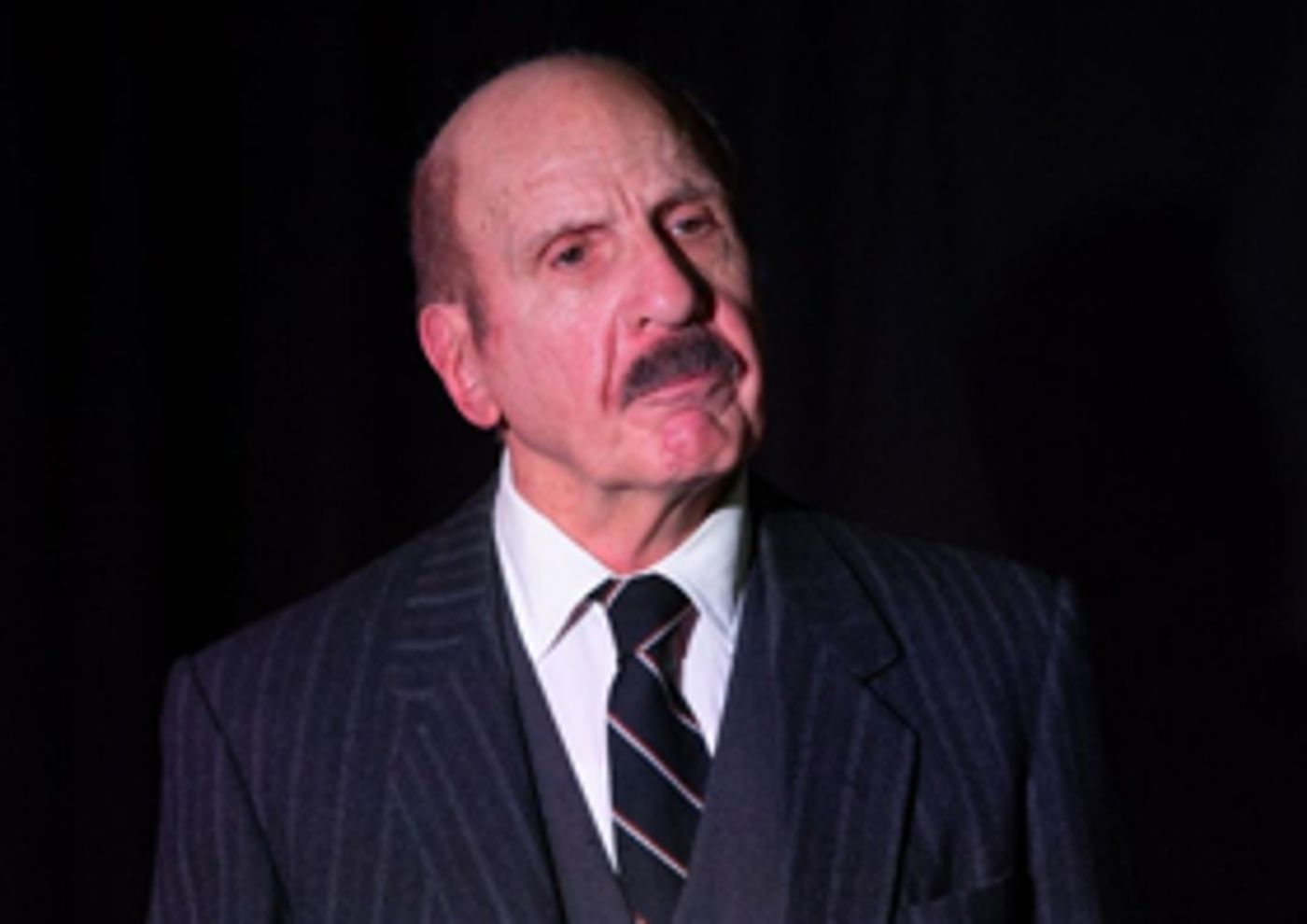Review: A MODEST LITTLE MAN, Bread and Roses Theatre

![]() In the recent discussions concerning whose faces should adorn the Bank of England's new notes, few suggested that of Clement Attlee. Who he? Your kids are unlikely to be asking questions about him for homework, because although I'm not alone in having benefited immensely from the education reforms he introduced, he (and his 1945-1951 Labour Government's policies) are largely excluded from the national curriculum.
In the recent discussions concerning whose faces should adorn the Bank of England's new notes, few suggested that of Clement Attlee. Who he? Your kids are unlikely to be asking questions about him for homework, because although I'm not alone in having benefited immensely from the education reforms he introduced, he (and his 1945-1951 Labour Government's policies) are largely excluded from the national curriculum.
That formal downplaying of the achievements of the most radical government that this country has ever seen, one proud to declare itself "Socialist" - because it was - allows journalists to control the narrative, detaching the ideas, individuals and struggle behind the founding of the Welfare State from the "national treasure" NHS. And when something of those birth pangs hove into view - for example, at the 2012 Olympic Games Opening Ceremony - the press barons don't like it.
But, as the shock General Election result of 2017 showed, when the people are presented with Attleean (why is that not an adjective?) options - there's plenty in the Labour Party manifesto - rather more people vote for them than the media would have you expect.
Some of those beliefs are also held by Francis Beckett, whose comic play, A Modest Little Man, offers a splendid illustration of Attlee's towering absence of ego. Labour's post-war Prime Minister was a public schoolboy, a major in the trenches, a man of fixed leftwing principles, but a man of few words if the subject is anything but cricket. Fortunately, those around him had enough words for him and everyone else ten times over.
We meet the Welsh firebrand, Nye Bevan and his equally socialist wife, Jennie Lee; the urbane Hugh Dalton; the ambitious Herbert Morrison; the rough diamond Ernest Bevin; and Clem's long-suffering, dedicated wife, Violet. Their words are absorbed by the modest little man who listens, considers and decides - it's the way things got done once upon a time.
Roger Rose acts mainly with his eyes, his reactions as Attlee confined to a quizzical look for disapproval and er... nothing at all for approval. There's a touch of John Major in the portrayal (both men who were happiest at The Oval) but the dignity never wavers. As Violet, Lynne O'Sullivan is a winning narrator, a touch too keen to protect her husband, but a fine judge of character.
The rest of the cast spiral through the politicians named above and a few journalists too, often caricatures rather than characters, but that injects humour into what might be a dryish hour. If the accents wobble a little and the production felt somewhat under-rehearsed on press night, well, that'll settle down.
Performed all-through in a pacy 75 minutes, you leave with the same valuable lesson you take from Hamilton (a very different show) - not everyone gets to tell their story. I doubt Attlee would care about his story's telling, but he would certainly care that his ideas' stories are still being told day after day, however imperfectly: education for all; the State as guarantor of a basic standard of living; and National Health Service free at point of use. All delivered in the ruins of a war ravaged country, in which politicians rose to the occasion - they did not scurry away.
And, if he might sigh a little at how those achievements have been watered down by successive governments (particularly the political pygmies of Austerity), he need only look across at the inheritors of Alexander Hamilton to see just how much worse it could have been were his cabinet of talents, misfits and egos not led by a modest little man hero.
A Modest Little Man continues at the Bread and Roses Theatre until 26 January.
Photo Mark Thomas
Reader Reviews
Videos

